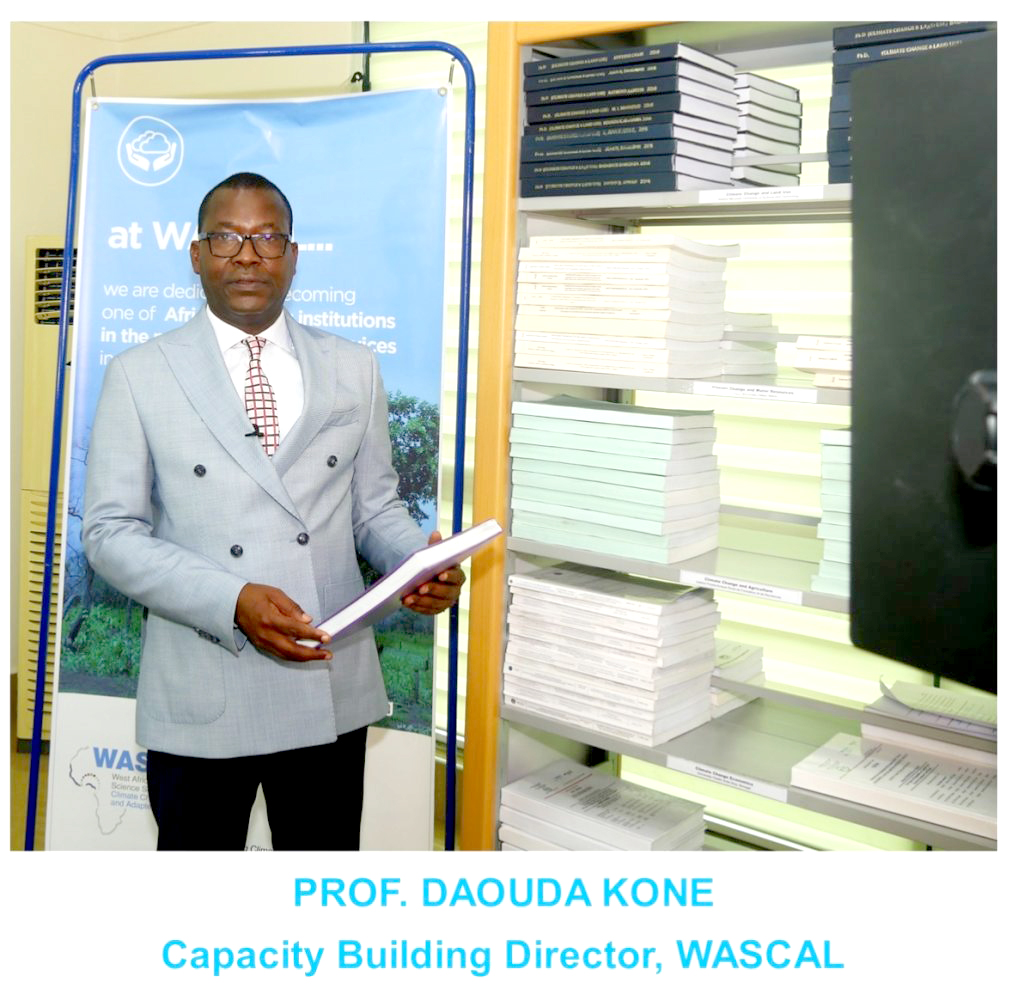Ghana and her African peers urgently need to bridge the knowledge gap and establish an effective early warning system on impacts of climate crisis.
This is the surest way to live with climate crisis impacts manifesting in the form of rising sea levels, flooding, drought and increased temperature, Professor Daouda Kone, Director, Capacity Building Department of West African Science Service Centre on Climate Change and Adapted Land Use (WASCAL), has said.
“I am sure that today, the heavy rain has caused flooding, and displaced people. Some were caught unaware. If there was a good early warning system, people would have known what time was ideal to move out to work and avoid the flood,” he said.
“The same warning system will inform farmers to know that it will rain and that will inform them to go ahead and sow seeds or delay the application of fertilizer to avoid losses,” he noted.
Prof Kone said this in an interview with the Ghana News Agency on the sidelines of an event to open a three-day training programme for West African Researchers, organised by the Science and Technology Policy Research Institute of the Council for Scientific and Industrial Research (STEPRI-CSIR).
The training, sponsored by the Federal Ministry of Education and Research seeks to strengthen the capacity of WASCAL’s scientific coordinators in policy brief development for increased engagement in policy processes and advocacy.
The participants after the training will also train students pursuing climate change related topics in master and doctorate to enable them to develop policy briefs for communities in their respective countries. Prof Kone said the knowledge gap was huge and would require training for technical people to provide the right information to practitioners to effectively communicate to the public.
He urged African Governments to invest in technologies such as Automatic Weather stations to collect climate data to make predictions and modeling to furnish local communities with accurate information to make daily decisions.
Dr. Portia Adade Williams, a Research Fellow at STEPRI-CSIR, stated that although climate change posed risks to human health, ecosystems, and economic development, it offered opportunities.
She said climate policies were intended to reduce the risks of climate change while at the same time taking advantage of the opportunities it presented. Dr. Williams noted that adapting to the potential effects of climate change was a complex and ongoing process, which required the attention and actions of individuals, communities, governments and international agencies.
By Albert Oppong-Ansah
Source: GNA









